That’s the intriguing claim made over at Norway’s trade journal Bok365 this week as it reports Storytel’s market capitalisation has increased by 45% this year.
Asserts Bok365:
Storytel AB alone now has greater market capitalization than the entire Norwegian book industry.
Bok365 puts Storytel’s latest valuation at SEK 5 billion ($602 million), which as Bok365 says is,
six times the market value of the entire Gyldendal group at home.
While Bok365’s point is well made about comparative values it should be borne in mind that Storytel is an international player, with operations already in eleven countries, and more to come this year.
Bok365 notes Storytel’s subscriber growth in Sweden
is “only” 26 per cent, while abroad it increases by a formidable 95 per cent.
But is 95% really “formidable,” or simply a sign that Storytel’s international expansion is actually still nascent. Not in any way to denigrate the achievements of Storytel, but almost doubling a small number sounds great in percentage terms but does not mean so much in real terms.
The same applies to the reported percentage leaps of BookBeat and Nextory.
Bok365 makes much of recent capital influxes it the Swedish audiobook players, while drawing comparisons with Norwegian players.
Norwegian actors such as the audiobook publisher’s floating service Fabel (Aschehoug and Gyldendal) and the Norwegian department of Storytel (50 percent owned by Cappelen Damm) – are both in clear contrast with little capital. Probably the same is true for Ebok.no’s Plus (Vigmostad & Bjørke).
But Storytel is not just a digital player. It has a strong presence in Swedish print publishing and has made acquisitions abroad (most recently Turkey and Bulgaria), so we’re not really comparing like with like.
Bok365 notes,
Figures from the Publishers’ Association show a Norwegian growth of a “poor” 10 percent for downloaded audio books in 2017.
That in itself is at odds with another post in Bok365 stating,
Figures from the Publishers Association show that both e-books and audiobooks both increase by over 20 per cent for the current year (2016-17).
But without knowing the baseline numbers for Norway, and indeed for Nextory and for BookBeat, that 10% or 20% value doesn’t tell us very much.
With Storytel we at least have actual numbers to crunch, but again, those numbers are not stand-alone. Storytel’s impressive market valuation includes its print elements and its overseas elements.
Nok365 offers a more constructive perspective on the balance within the Norwegian publishing industry, noting
The main competitors in the Norwegian market are closely linked to the four major publishing houses: Cappelen Damm owns half of Storytel Norway. Gyldendal and Aschehoug own equal shares in Lydbokforlaget. Between these two, the strongest competition is in terms of both customers and titles. Vigmostad & Bjørkes Ebok.no focuses more on current titles in ebook format, but also offers audio books as part of the assortment.
Perhaps the most surprising point to emerge from the Bok 365 coverage is its assertion that Norwegian publishers are “very pleased with the development”.
All three agree unanimously that digital releases with and without audio tracks complement the physical book. Nobody fears cannibalism. On the contrary, that the new products help strengthen the interest of the traditional product.
That of course is underlain by the helpful reality that, while Storytel is of course a foreign entity, there is no rival on the scale of Amazon for publishers to worry about.
And as per past coverage here at TNPS, while it looks like Amazon may be readying to enter the Scandinavian market, there is no sign Amazon is interested in the Scandinavian book market –
Which means the local players will likely be left to slug it out for regional supremacy in a way that will benefit content suppliers, publishers, retailers and consumers alike.

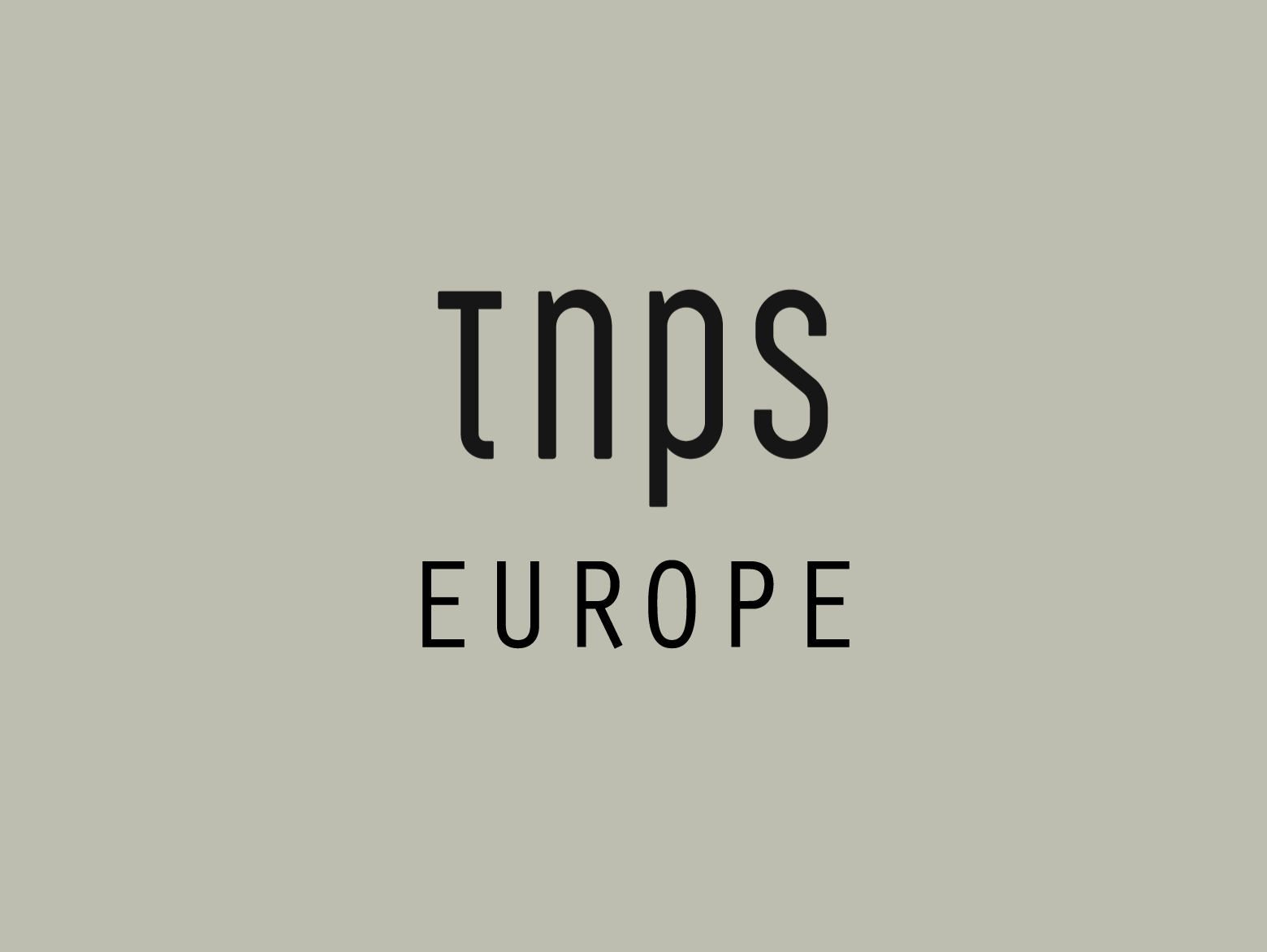
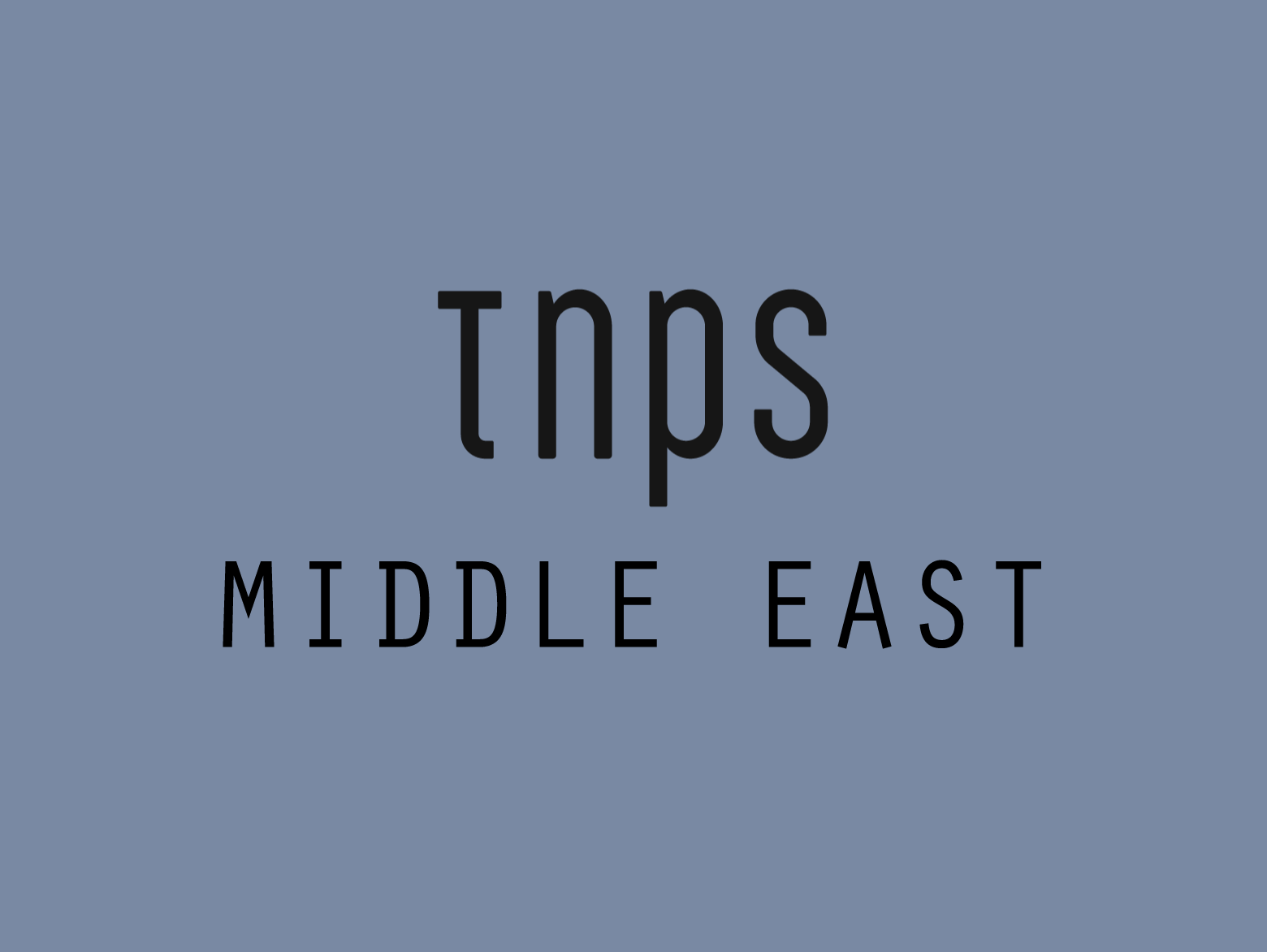
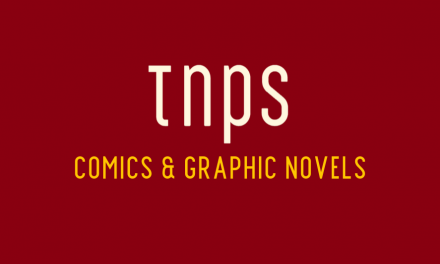
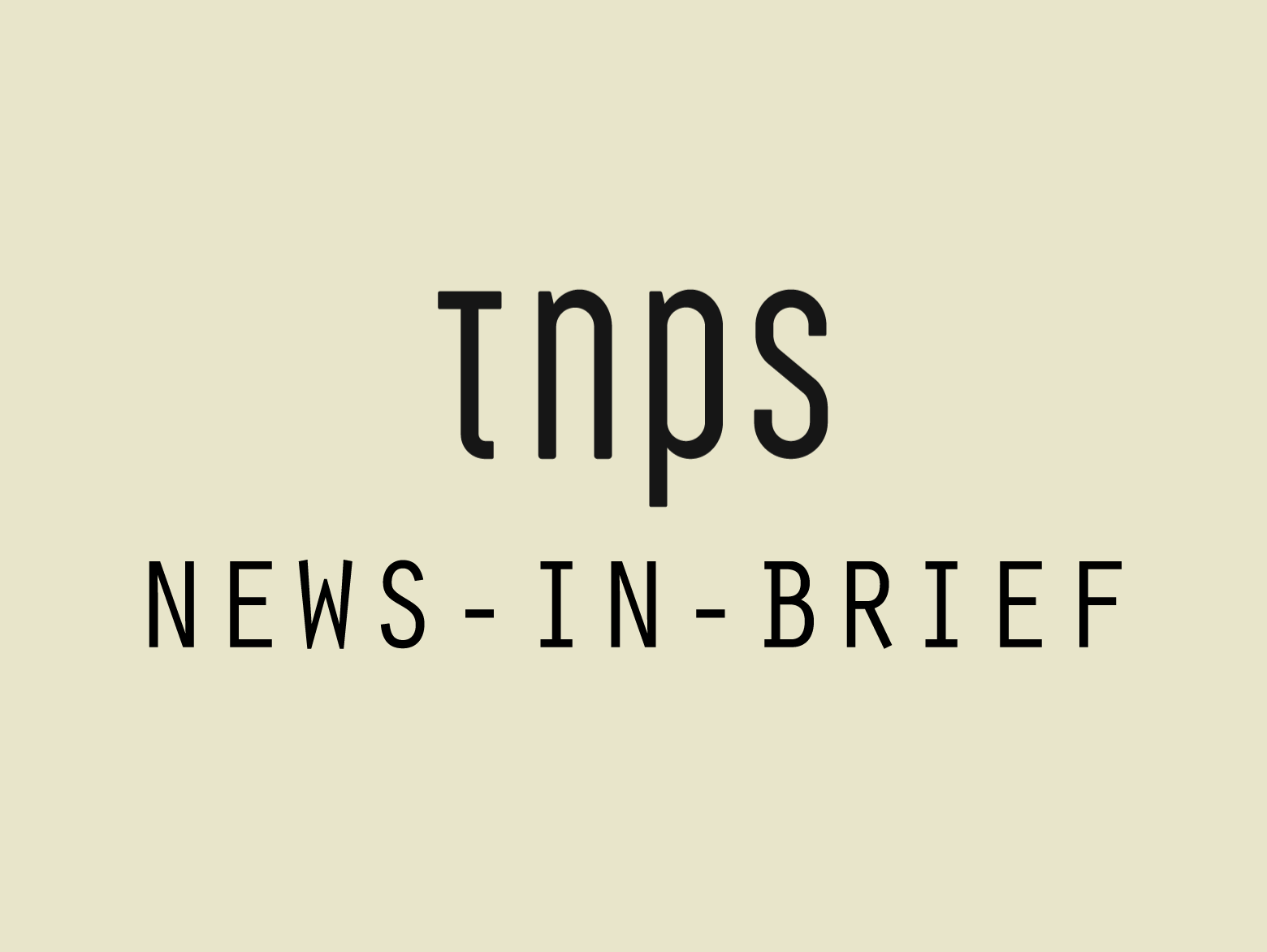
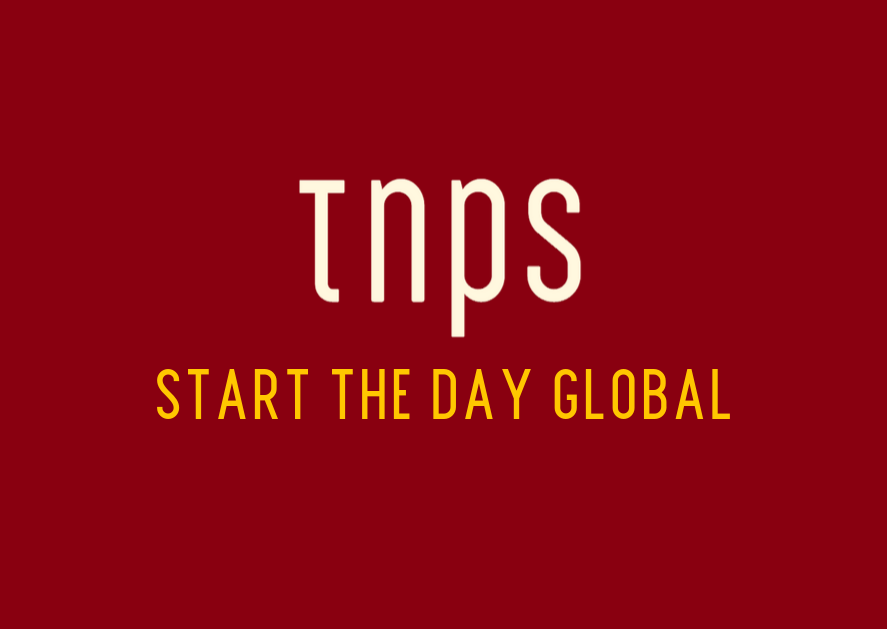
Trackbacks/Pingbacks